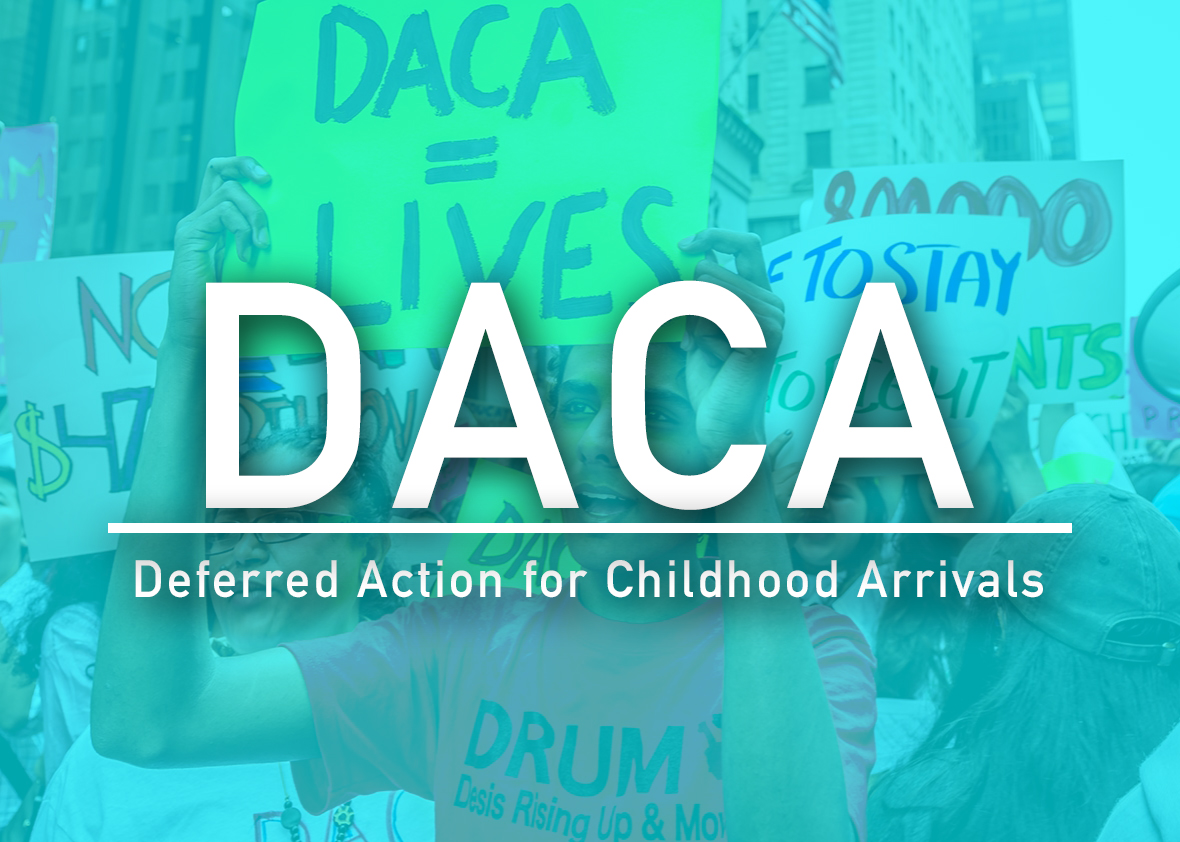The future of a handful of students at Oklahoma Christian University is uncertain after President Donald Trump’s decision on Sept. 5 to end the Deferred Action for Childhood Arrivals program.
The admissions office said there are a small number of DACA recipients enrolled at Oklahoma Christian. However, the immigration status of students is not made known to faculty unless they choose to disclose their status, making the exact number of DACA recipients on campus unknown. The Talon was unable to contact all of these faculty-known students for interviews due to privacy laws.
DACA was enacted in June 2012 during the Obama administration. Those who qualify for the program, which grants accepted applicants a two-year period to work or attend school without fear of deportation, had to be brought to the U.S. before their 16th birthday.
Senior Jackie Acosta immigrated to the U.S. from Mexico with her family when she was one year old. When Acosta was in the fifth grade, her mother was arrested by immigration authorities because of an expired work visa. With the help of an immigration lawyer, Acosta and her immediate family were able to gain permanent residency status in the U.S. five years ago. Acosta became a U.S. citizen in April 2016.
Acosta said she knows firsthand how the DACA recipients are feeling because of her family’s past experience.
“In the media, Trump seemed very aggressive towards immigrants, so I wasn’t surprised when I heard the news about DACA,” Acosta said. “But it’s still very scary, because I know exactly how they feel.”
Since Attorney General Jeff Sessions made the official announcement of DACA’s termination, Acosta said she has been active on social media backing DACA recipients. She said her support for them stems from her own experience being without current immigration status.
“The reason I am being a voice is because I didn’t have a voice for a while,” Acosta said. “I was very scared and uncertain of my future all of the time. I don’t want people to think that nobody is fighting for them and their future, so that’s why I try to speak out.”
Last week, Trump tweeted his support of allowing law-abiding DACA recipients to remain in the U.S. On Wednesday, Trump met with Democrats Nancy Pelosi and Chuck Schumer, and made significant progress toward a deal which would protect young immigrants enrolled in the program.
President of the Oklahoma Christian College Republicans Justin McLeckie said Trump’s recent change of heart has isolated him from the Republican party.
“I doubt any new immigration law will be passed if he cannot get the Republican party on board,” McLeckie said. “Obviously, they are not happy that he made all of these different promises and is now not following through.”
Acosta said she is critical of Trump’s changed stance because of comments he made in the past on the topic of immigration.
“I understand your viewpoint on things can change, but I feel like he’s just trying to improve his public image,” Acosta said. “I know, as a politician, you try to put your best foot forward, but I’m going to be skeptical of him because he hasn’t always done that.”
While lawmakers in Washington, D.C. work to find a long-term solution to DACA, McLeckie said he is mindful of the DACA recipients currently enrolled at Oklahoma Christian.
“We’re definitely all praying for these students,” McLeckie said. “I don’t know any of them personally, but we are still hoping everything gets worked out.”
Sen. James Lankford held a town hall meeting Aug. 29 at Oklahoma Christian’s Adams Recital Hall. When asked to give his thoughts on immigration reform, Lankford said current DACA recipients should be allowed a path toward permanent residency status, but should not receive immediate citizenship.
“We, as Americans, do not hold children accountable for the actions of their parents,” Lankford said. “We also don’t just blindly give people citizenship.”
Late last week, NewsOK reported Lankford will co-sponsor a bill to replace DACA. Congress has until March 5, 2018 to vote new immigration legislation into law.













This is great!!